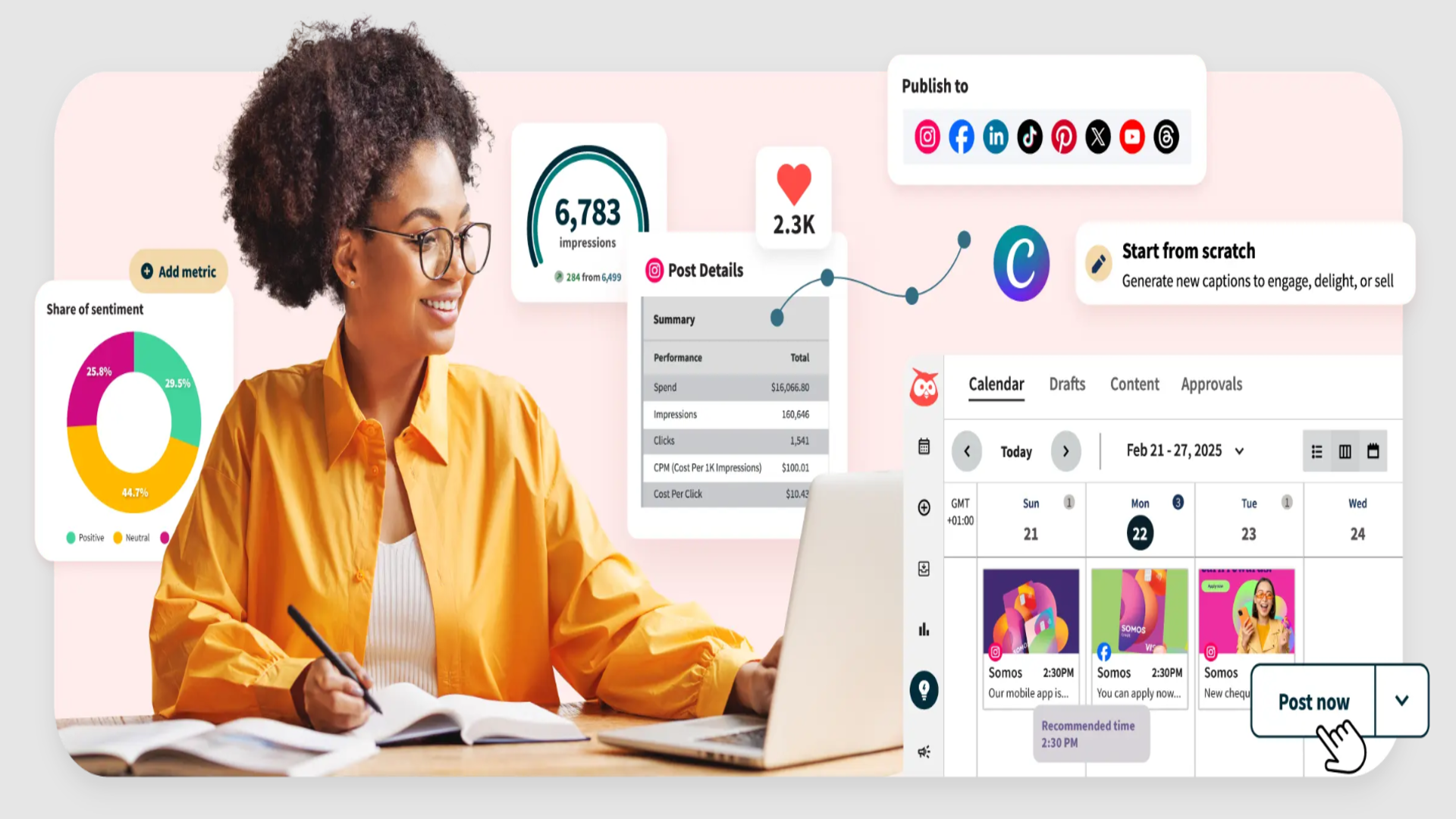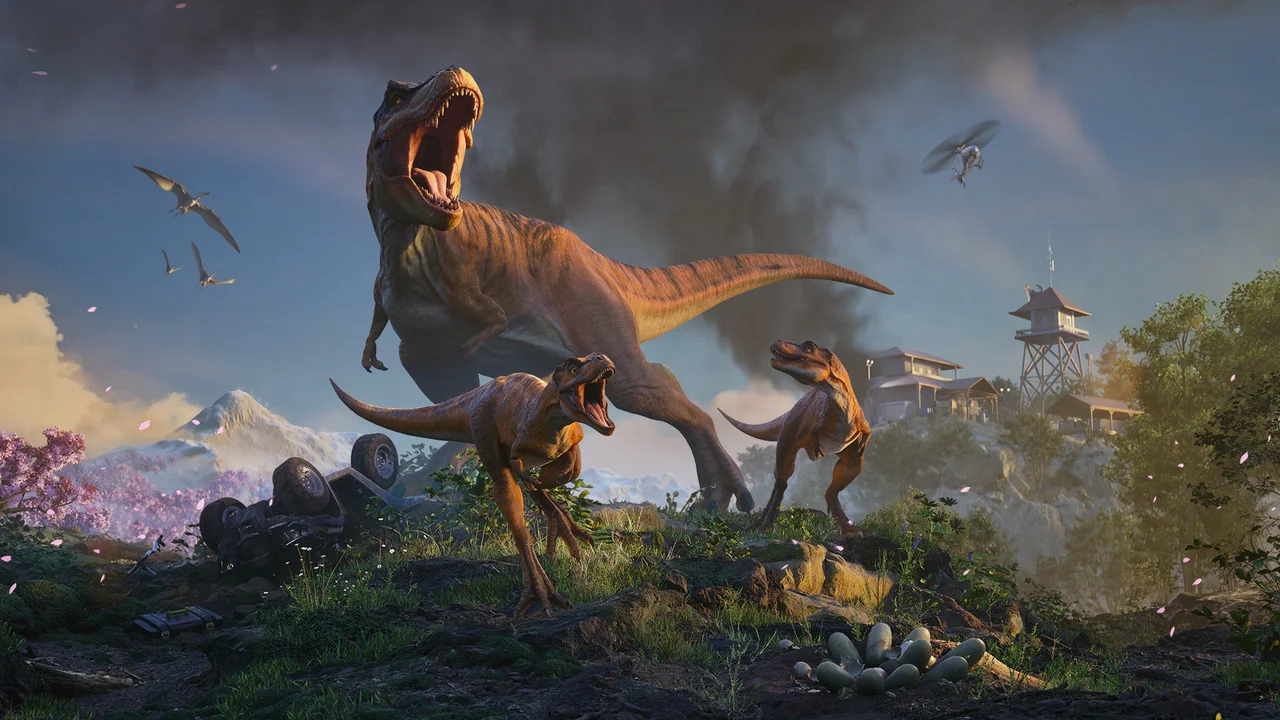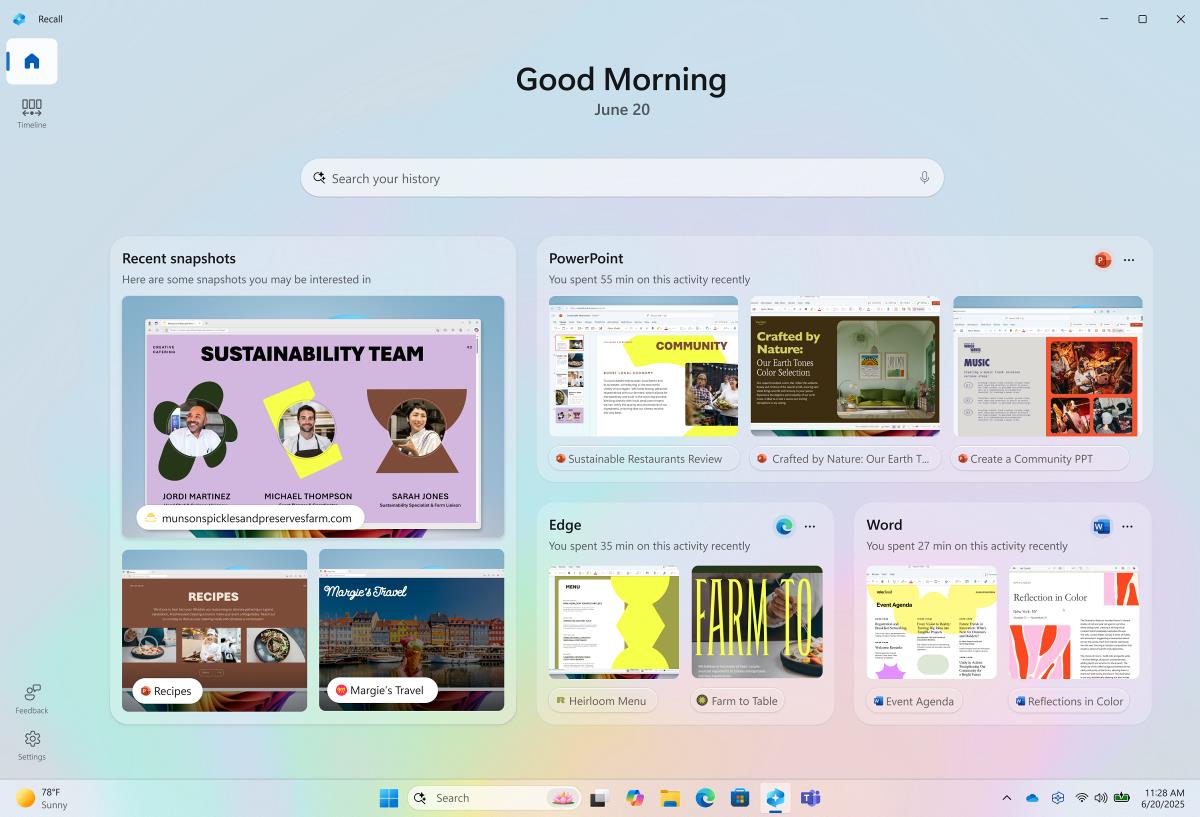Top Industries Being Transformed by Artificial Intelligence in 2025
Artificial intelligence is no longer a niche innovation—it’s a global revolution. In 2025, AI is not only powering virtual assistants or chatbots; it’s actively transforming core business operations across multiple industries. This transformation is largely made possible by the technical mastery of the artificial intelligence developer—the architect behind AI-driven systems that improve accuracy, reduce costs, and enable intelligent decision-making at scale.
Introduction: AI Is Reshaping the World—Industry by Industry
Artificial intelligence is no longer a niche innovation—it’s a global revolution. In 2025, AI is not only powering virtual assistants or chatbots; it’s actively transforming core business operations across multiple industries. This transformation is largely made possible by the technical mastery of the artificial intelligence developer—the architect behind AI-driven systems that improve accuracy, reduce costs, and enable intelligent decision-making at scale.
From healthcare to retail, and from finance to logistics, this article explores how AI is driving disruption across sectors—and the essential role AI developers play in that journey.
1. Healthcare: Diagnostics, Drug Discovery & Patient Experience
AI is revolutionizing healthcare by improving both patient outcomes and operational efficiency. Key applications include:
-
Medical Imaging: AI models detect anomalies in X-rays, MRIs, and CT scans faster than human radiologists.
-
Predictive Analytics: AI forecasts disease risks based on genetic, demographic, and behavioral data.
-
Virtual Health Assistants: Chatbots answer patient queries and schedule appointments.
-
Drug Discovery: AI accelerates molecular compound analysis, reducing research timelines from years to months.
A skilled artificial intelligence developer in healthcare needs to balance innovation with HIPAA compliance and clinical accuracy.
2. Finance: Fraud Detection and Intelligent Automation
Banks and fintech firms are aggressively investing in AI to gain a competitive edge:
-
Fraud Detection: AI models recognize unusual transaction patterns and flag fraudulent behavior in real-time.
-
Credit Scoring: Machine learning algorithms evaluate creditworthiness more inclusively than traditional systems.
-
Customer Service: NLP-powered chatbots handle thousands of queries simultaneously, improving customer satisfaction.
-
Portfolio Management: Robo-advisors analyze markets and suggest optimized investment strategies.
AI developers in this sector must build secure, explainable, and regulation-compliant models.
3. Retail and E-commerce: Personalization at Scale
AI has redefined the retail experience—online and offline:
-
Recommendation Engines: Personalized product suggestions based on browsing and purchase behavior.
-
Dynamic Pricing: AI adjusts prices based on demand, competition, and inventory levels.
-
Inventory Forecasting: Predictive models minimize overstocking and understocking.
-
Visual Search: Shoppers upload images and AI recommends similar products.
Retail companies rely on AI developers to build robust infrastructure that integrates customer data, AI models, and real-time deployment pipelines.
4. Manufacturing: Predictive Maintenance and Automation
In factories and production facilities, AI is powering the shift toward Industry 4.0:
-
Predictive Maintenance: IoT sensors and AI models anticipate equipment failures before they occur.
-
Quality Control: Computer vision systems detect defects in products on assembly lines.
-
Supply Chain Optimization: AI forecasts demand, manages inventory, and adjusts production schedules.
Here, AI developers work with edge devices, industrial-grade datasets, and real-time processing systems.
5. Transportation & Logistics: Route Optimization and Fleet Management
AI is streamlining the movement of goods and people:
-
Smart Routing: AI calculates the most efficient delivery routes based on traffic, weather, and historical data.
-
Fleet Management: Predictive models track fuel usage, maintenance schedules, and driver behavior.
-
Autonomous Vehicles: Computer vision and reinforcement learning are driving the self-driving revolution.
Developers in this space require advanced knowledge of real-time data handling, spatial modeling, and simulation tools.
6. Education: Adaptive Learning and Student Insights
AI is personalizing education like never before:
-
Adaptive Learning Platforms: AI adjusts lesson plans to match student performance and pace.
-
Automated Grading: NLP-based models grade written responses with high accuracy.
-
Dropout Prediction: Predictive analytics identify at-risk students early.
Developers here build systems that respect privacy while enhancing learning efficiency and outcomes.
7. Legal and Compliance: AI for Contracts and Regulations
The legal industry, long resistant to automation, is embracing AI for:
-
Contract Review: AI extracts key clauses and flags risks across thousands of documents.
-
Legal Research: NLP engines comb through case law to support arguments.
-
Compliance Monitoring: Real-time regulatory surveillance for financial and healthcare sectors.
AI developers work on building high-accuracy NLP models and integrating them with legal databases.
8. Energy: Demand Forecasting and Grid Optimization
AI is modernizing how energy is produced, distributed, and consumed:
-
Load Forecasting: Predicting future electricity usage for better grid management.
-
Smart Grid Optimization: AI balances demand and supply in real time.
-
Renewable Integration: AI predicts solar and wind availability to optimize energy storage.
In this field, AI developers collaborate with environmental engineers and energy analysts to drive sustainability.
9. Agriculture: AI-Powered Precision Farming
Farming is becoming smarter with AI:
-
Crop Monitoring: Computer vision systems analyze plant health via drone imagery.
-
Yield Prediction: AI estimates output based on weather, soil quality, and historical trends.
-
Pest Detection: Early-warning systems spot infestations before they spread.
Here, AI developers work with geospatial data, IoT sensors, and predictive models tailored to rural infrastructure.
10. Cybersecurity: Threat Detection and Response
AI is essential to modern cybersecurity defense systems:
-
Intrusion Detection: AI monitors user activity and detects anomalies.
-
Phishing Detection: NLP algorithms recognize suspicious language in emails.
-
Security Orchestration: AI automates response workflows during security breaches.
Cybersecurity-focused AI developers must build real-time systems that can scale while ensuring zero downtime.
Common Skills AI Developers Bring Across Industries
While each industry has unique needs, all enterprise-grade AI developers must master:
-
Machine Learning Frameworks (TensorFlow, PyTorch)
-
Programming in Python, R, or Java
-
Cloud Platforms (AWS, Azure, GCP)
-
MLOps & Model Lifecycle Management
-
Responsible AI Principles (Fairness, Explainability, Privacy)
Choosing a versatile artificial intelligence developer ensures your AI solution is robust, scalable, and aligned with industry best practices.
Conclusion: AI’s Impact Depends on Developer Expertise
AI is no longer a futuristic concept—it’s a business-critical solution being deployed today across every major industry. But the success of any AI initiative hinges not just on technology, but on the people building it.
Hiring an experienced artificial intelligence developer ensures you’re not just adopting AI, but doing so strategically, ethically, and effectively—no matter your industry.
As industries evolve, one truth remains: AI will be a defining force—and AI developers will be the architects of that future.



























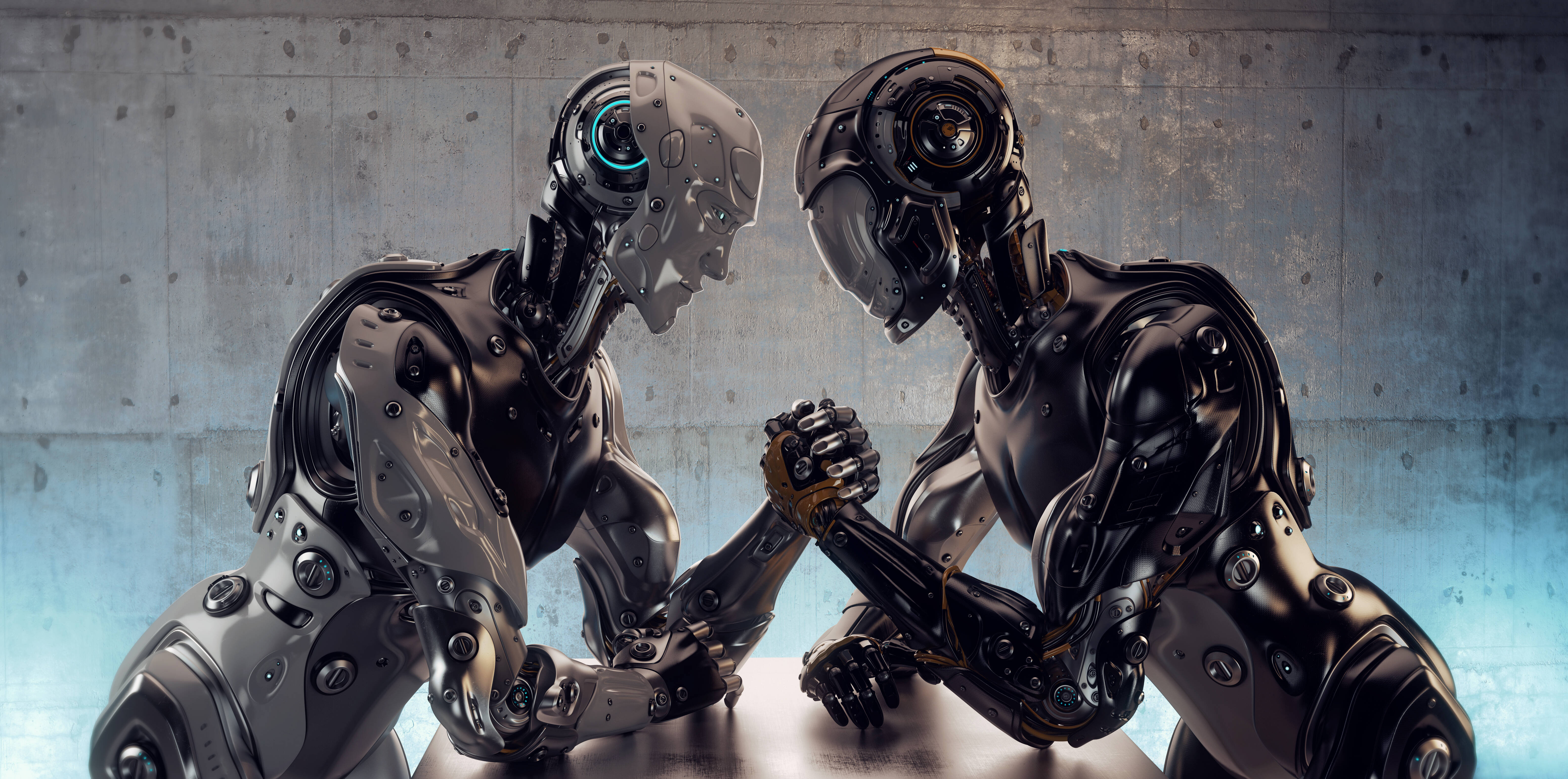






































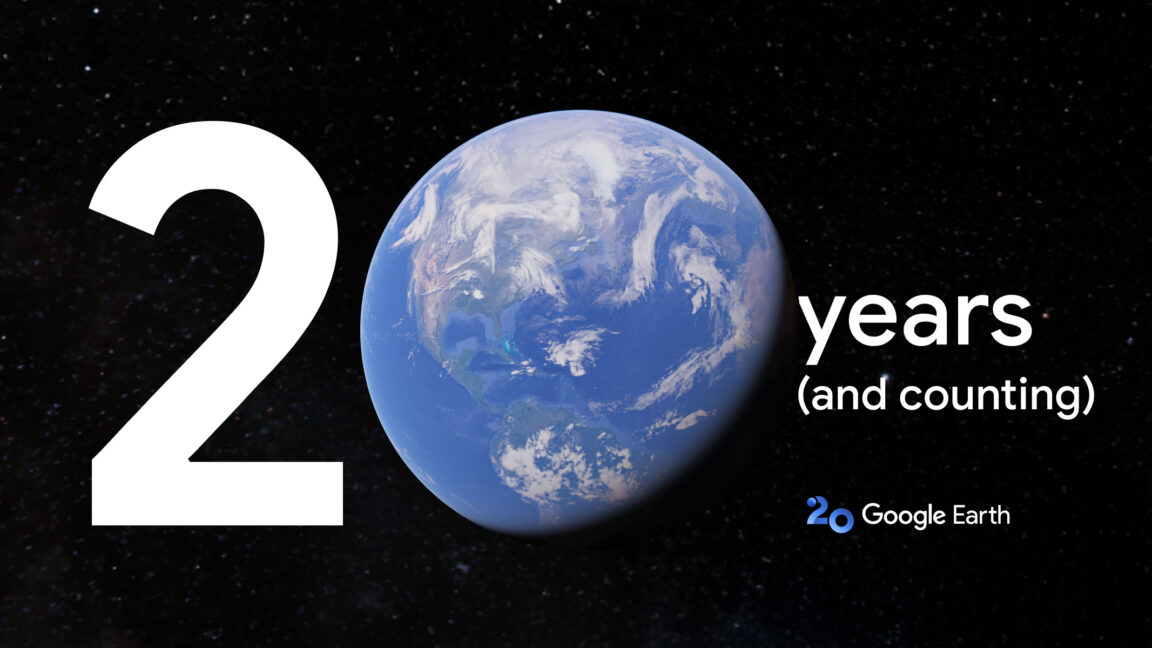
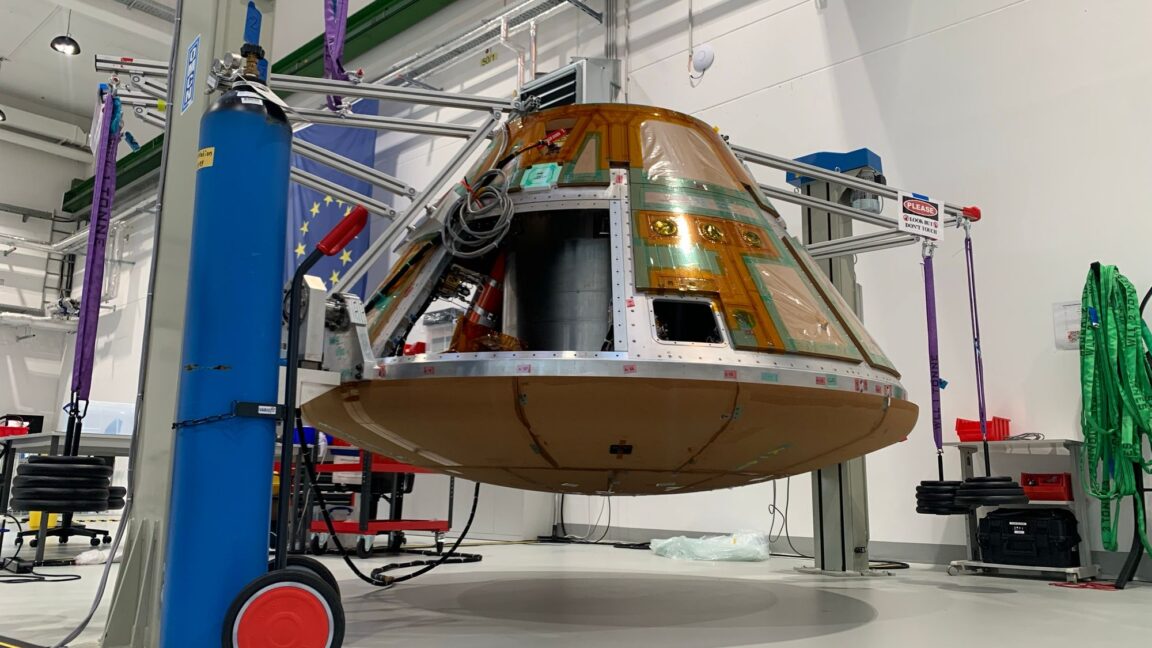













































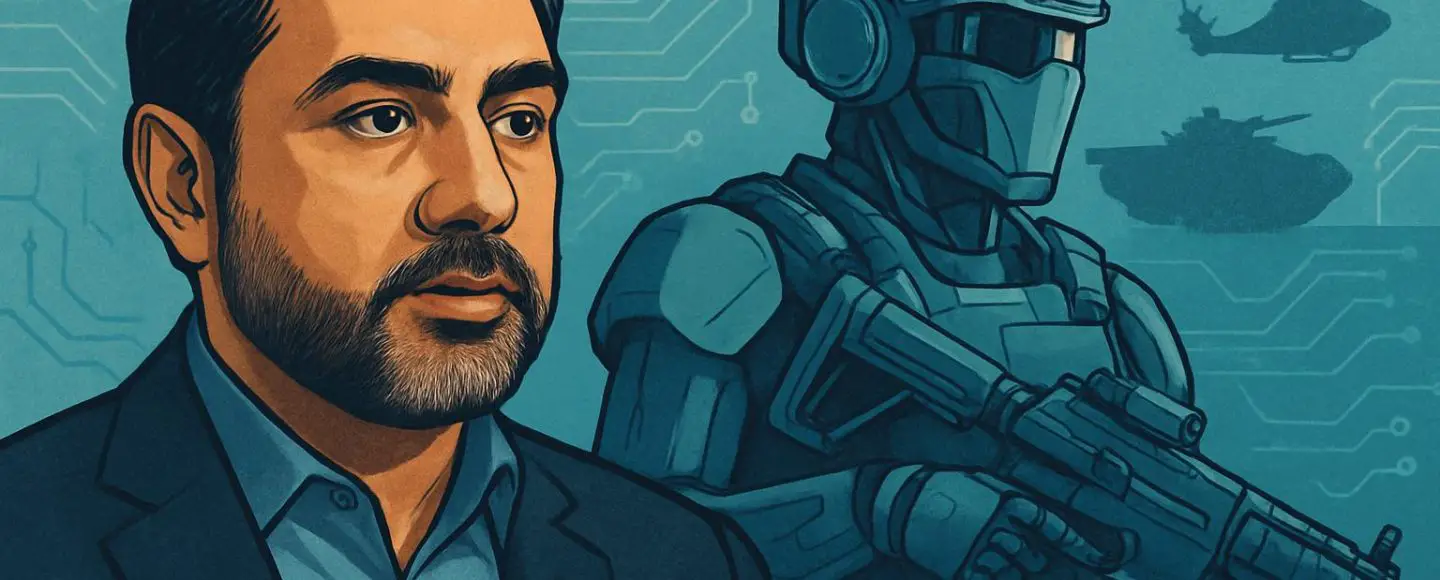
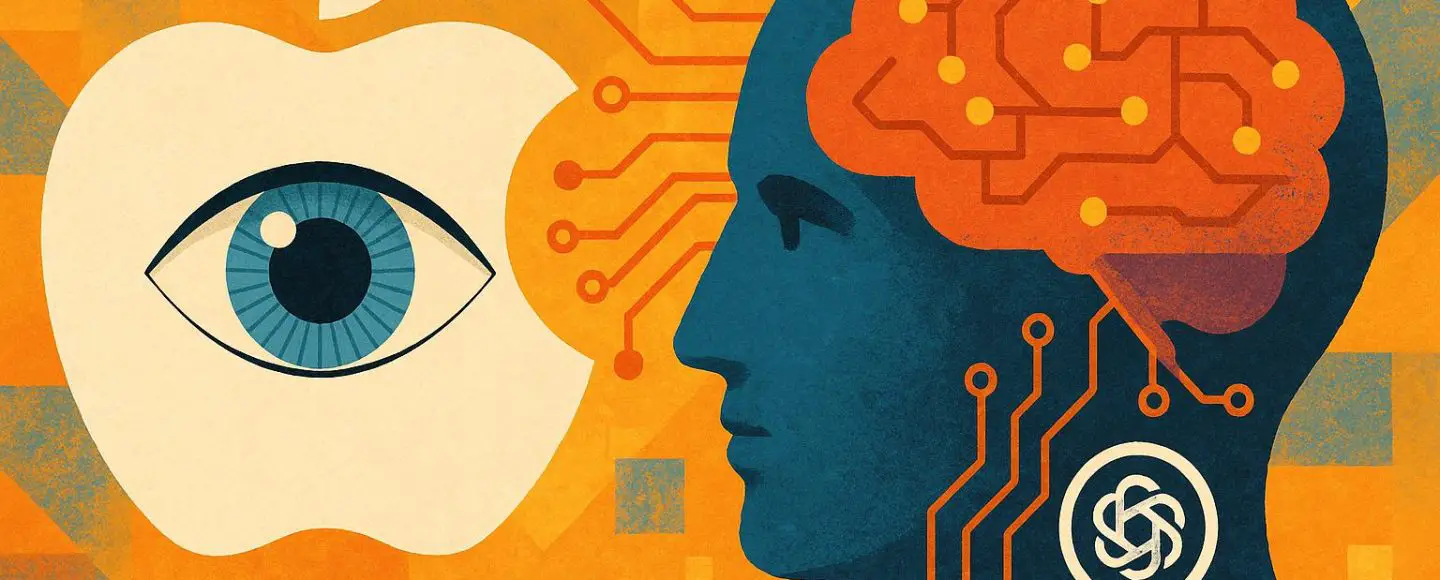

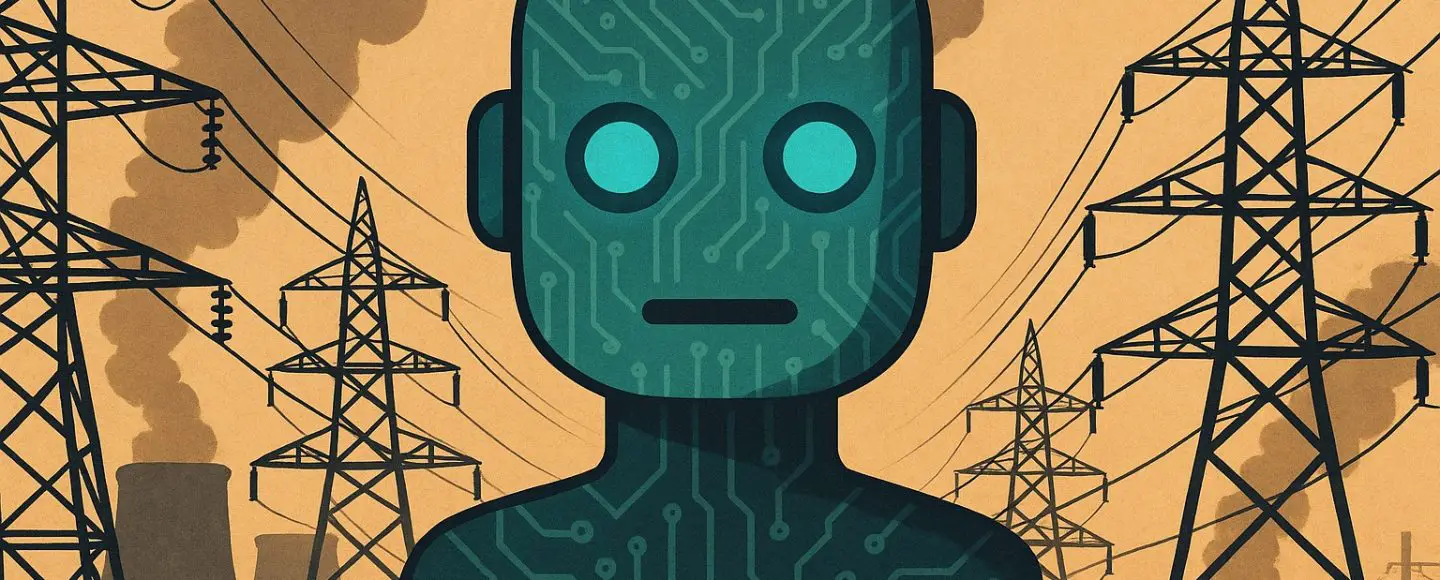






















































![[The AI Show Episode 155]: The New Jobs AI Will Create, Amazon CEO: AI Will Cut Jobs, Your Brain on ChatGPT, Possible OpenAI-Microsoft Breakup & Veo 3 IP Issues](https://www.marketingaiinstitute.com/hubfs/ep%20155%20cover.png)

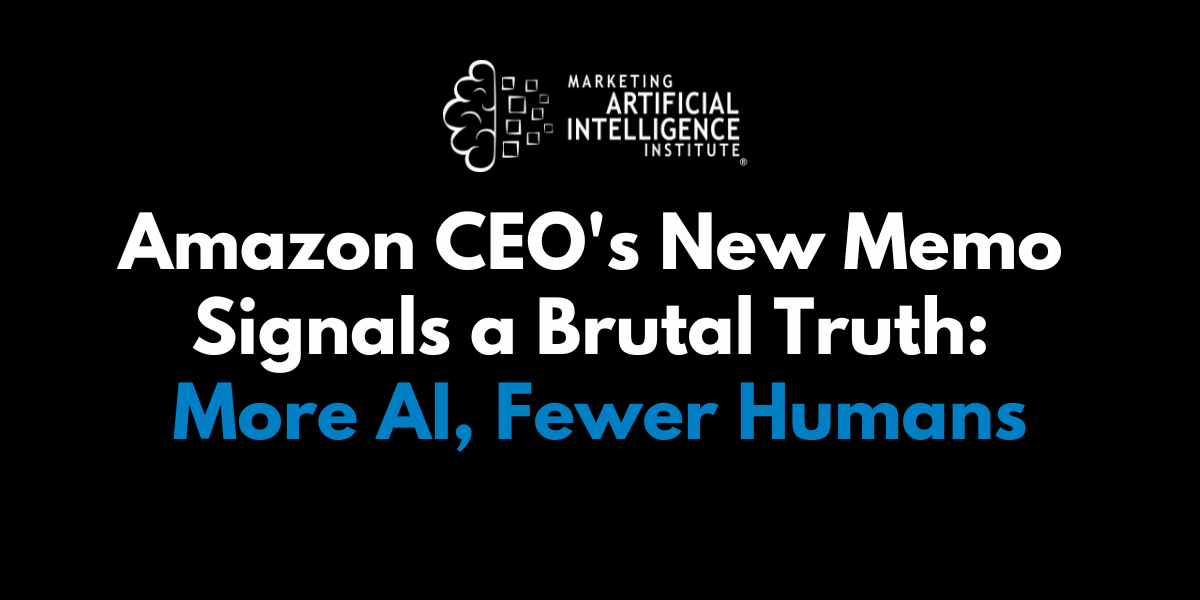
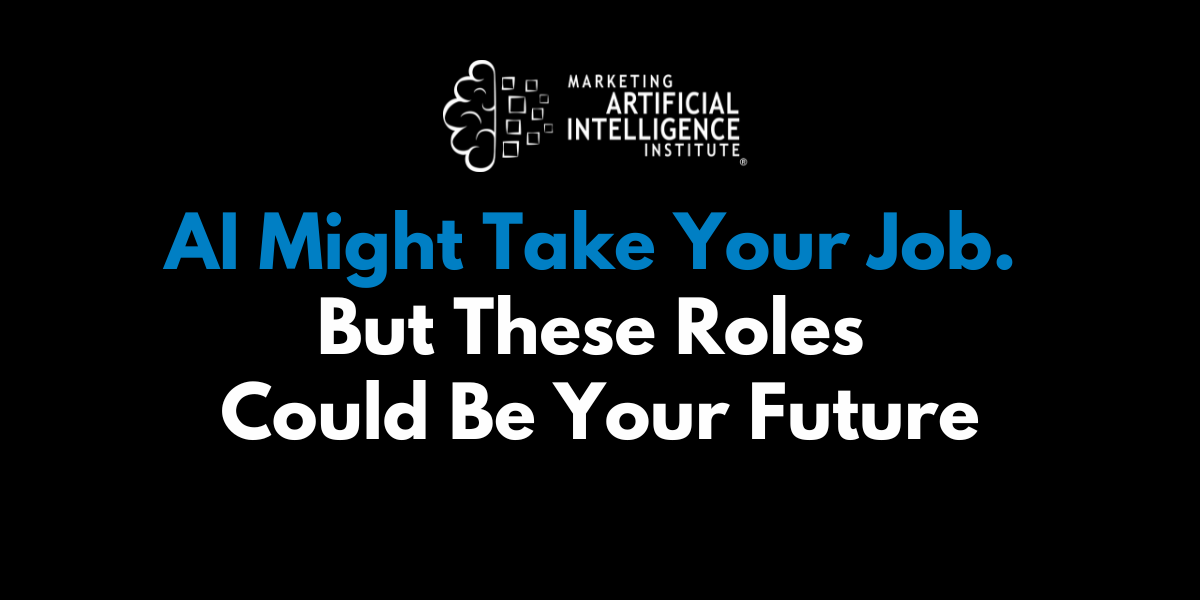






































































































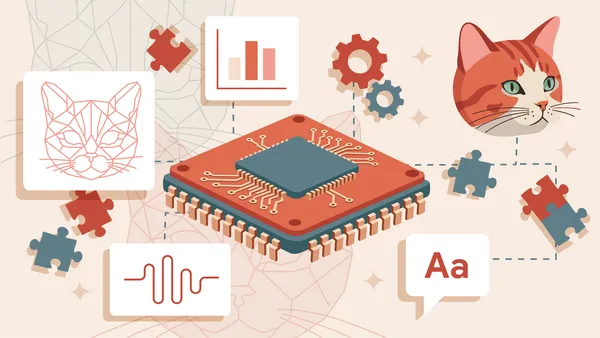


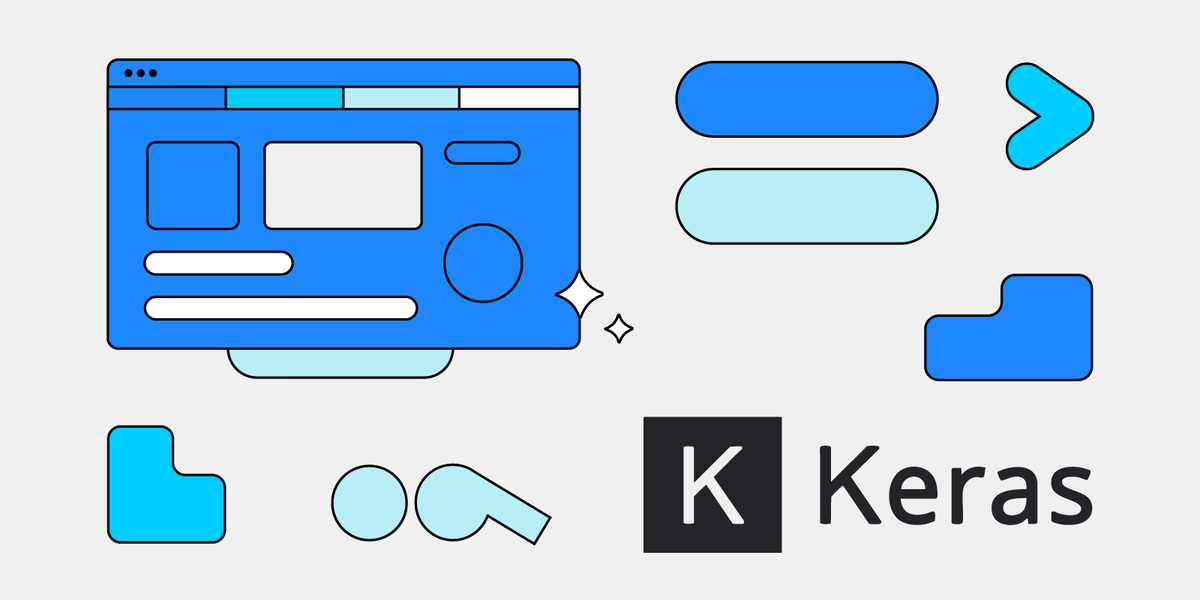



































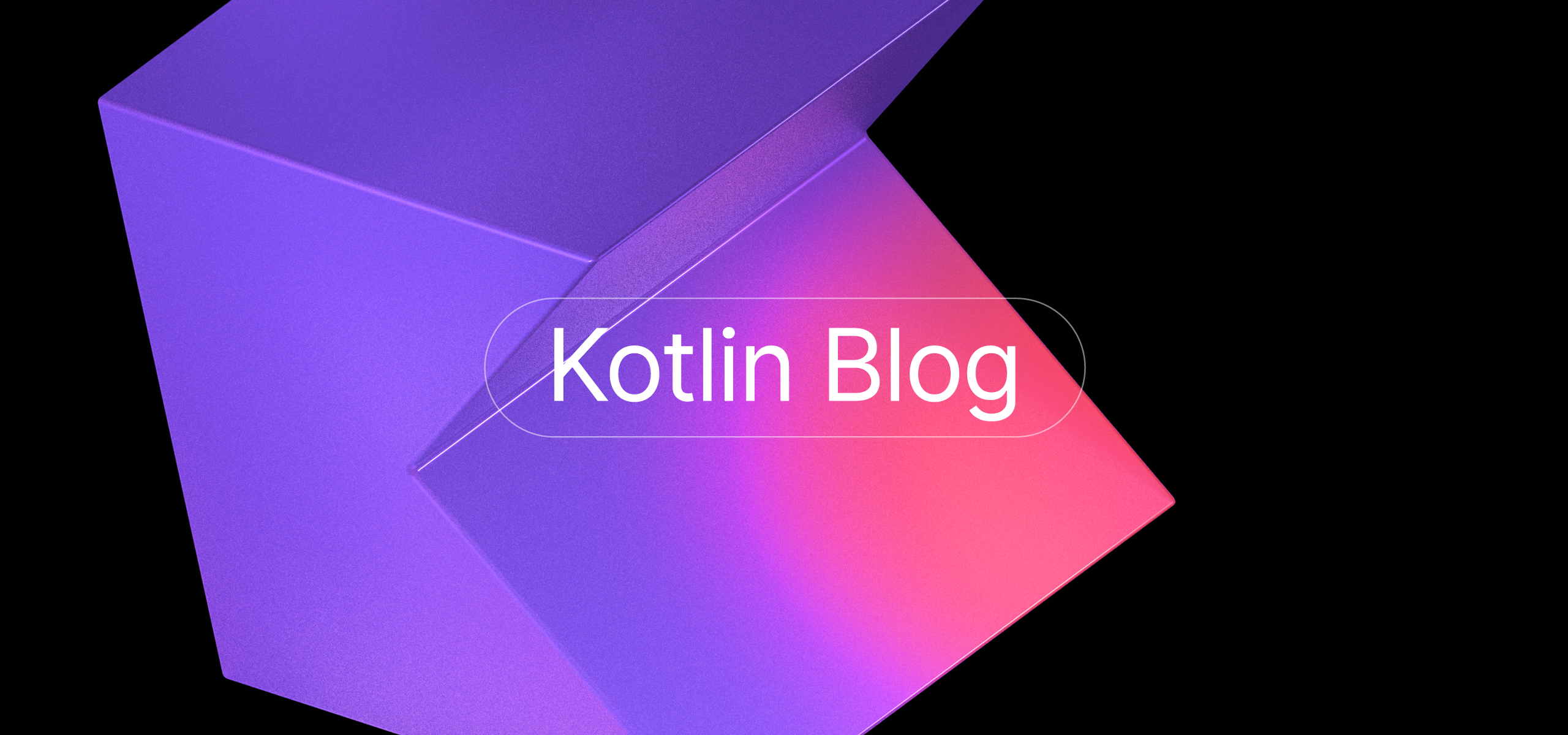
















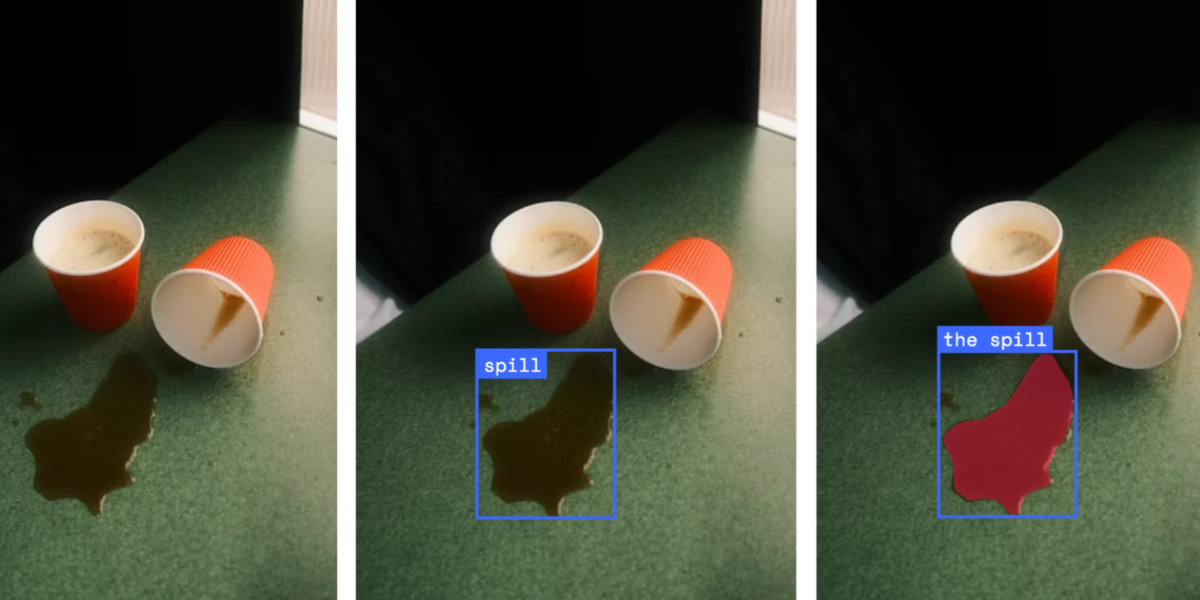



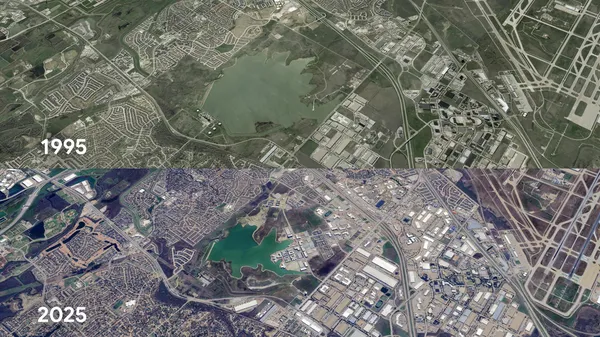

















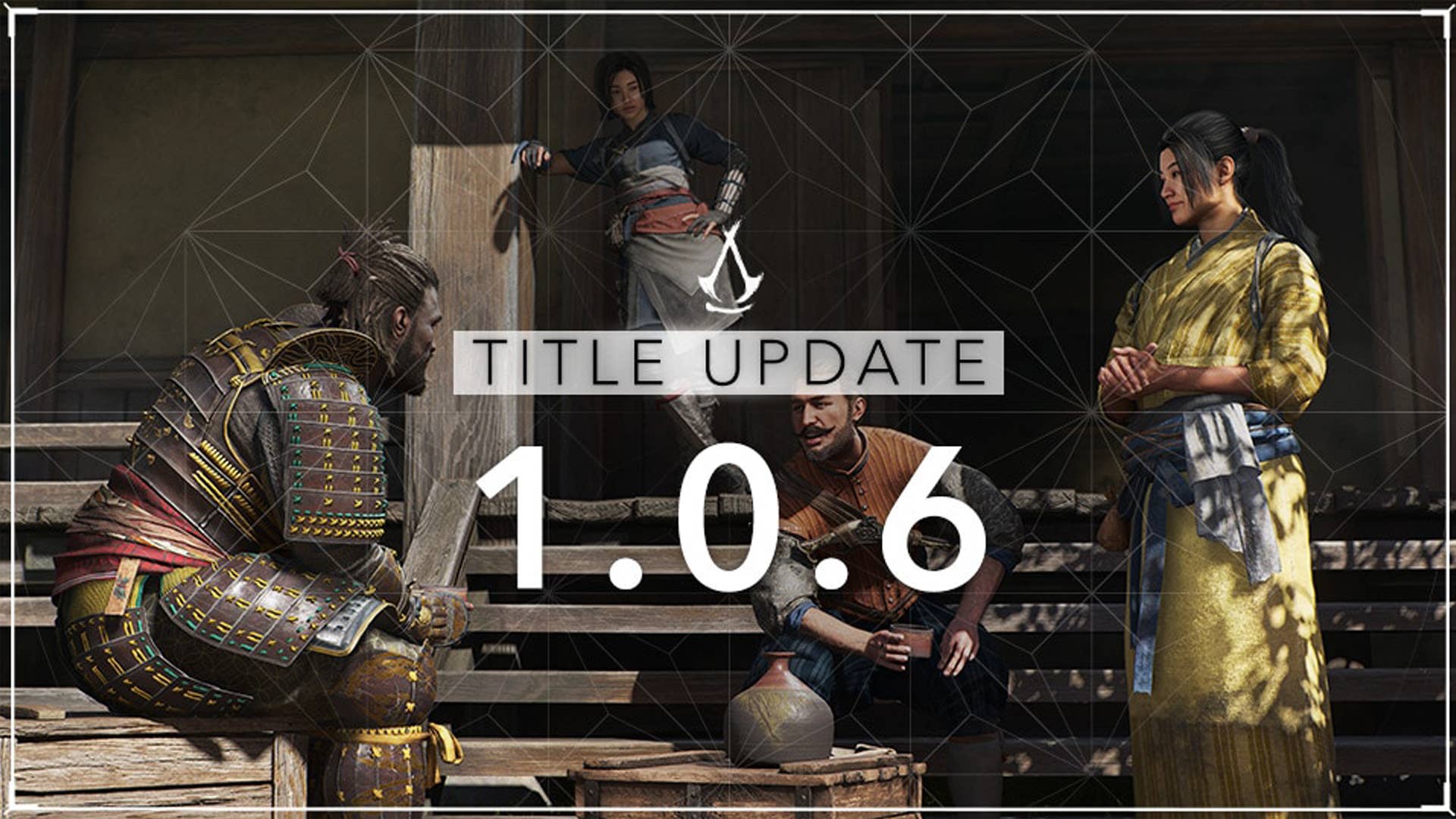







![GrandChase tier list of the best characters available [June 2025]](https://media.pocketgamer.com/artwork/na-33057-1637756796/grandchase-ios-android-3rd-anniversary.jpg?#)


















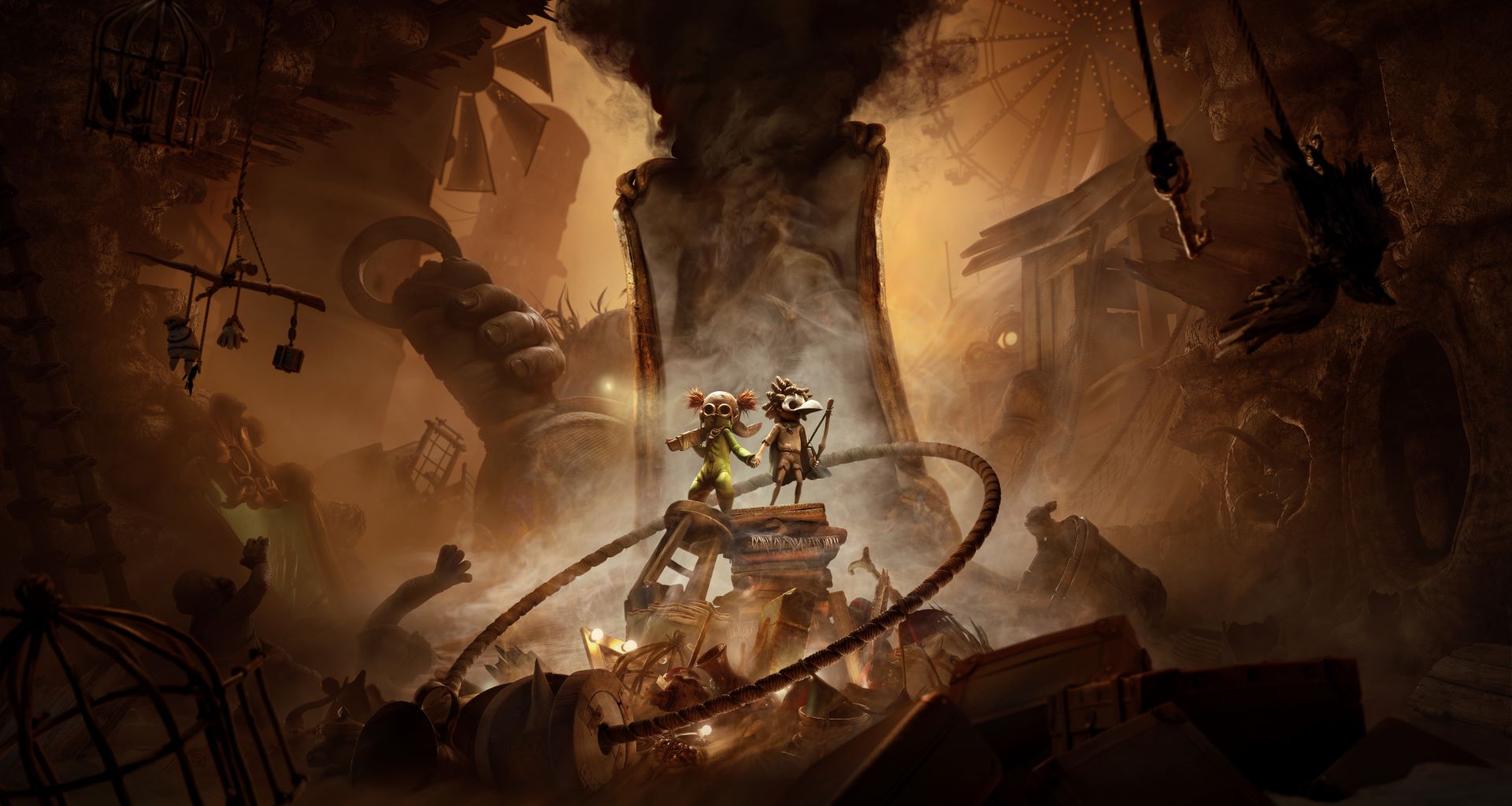





































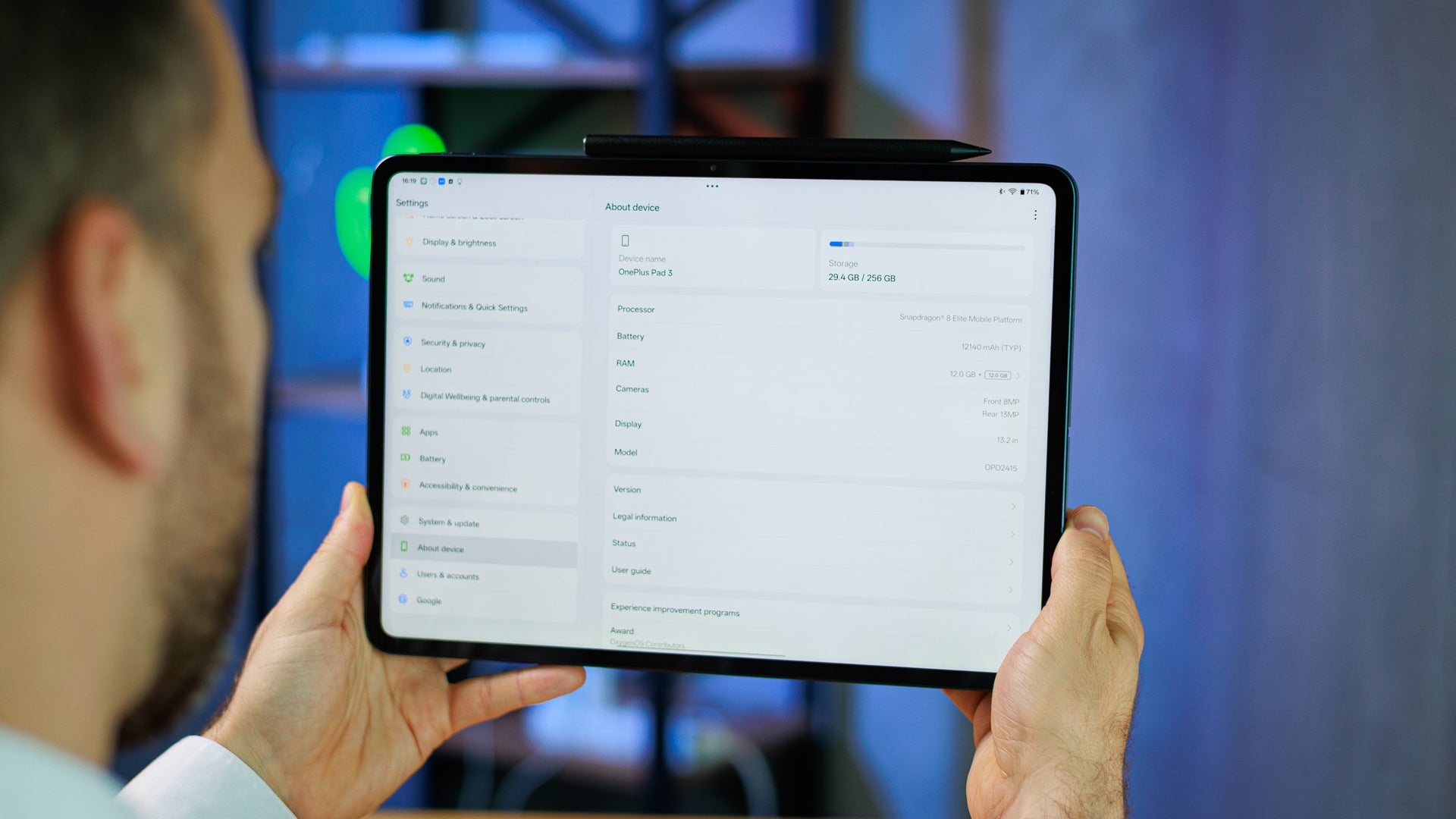










_peter_kovac_alamy.jpg?width=1280&auto=webp&quality=80&disable=upscale#)
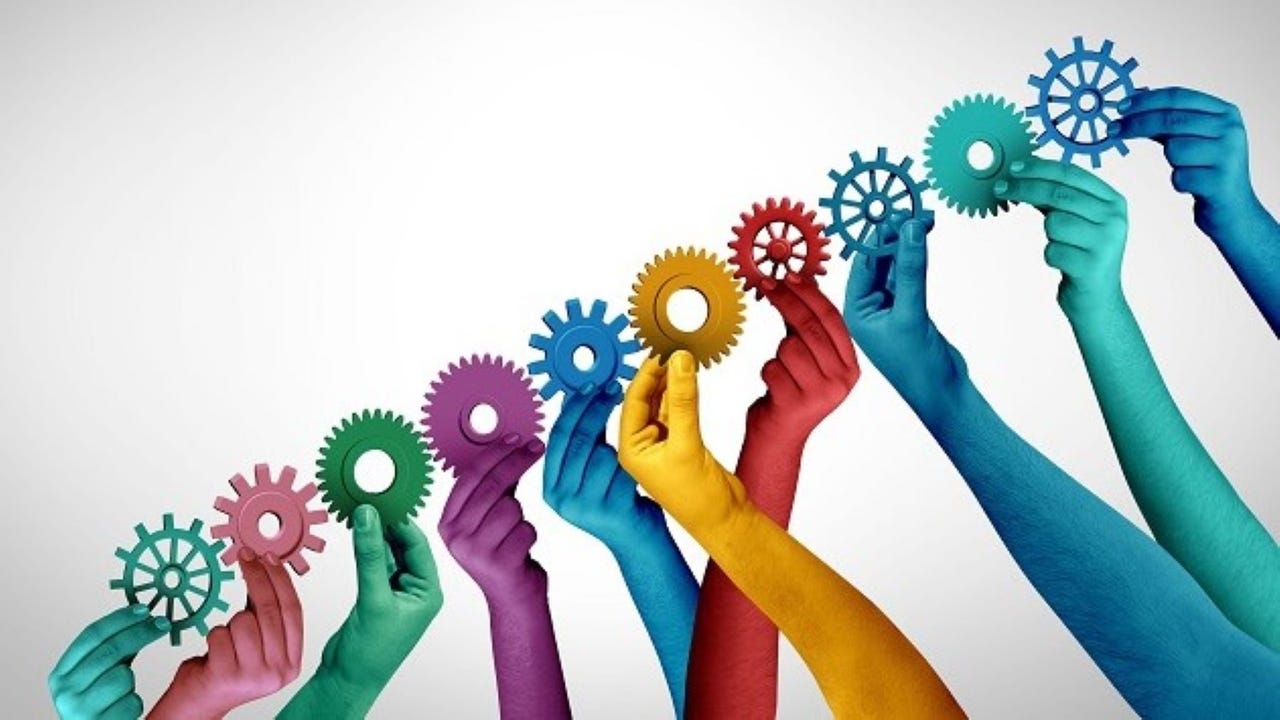
























































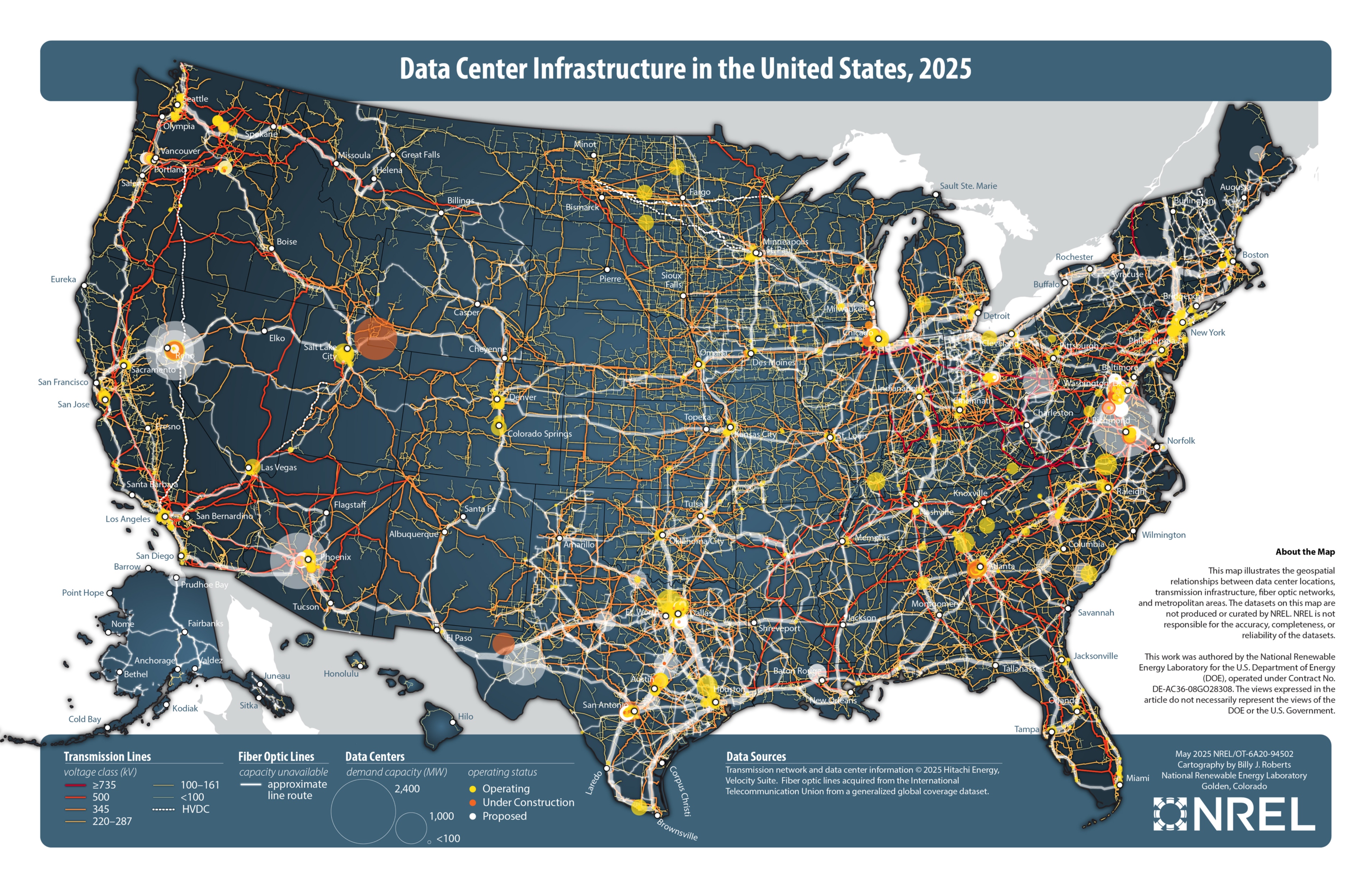
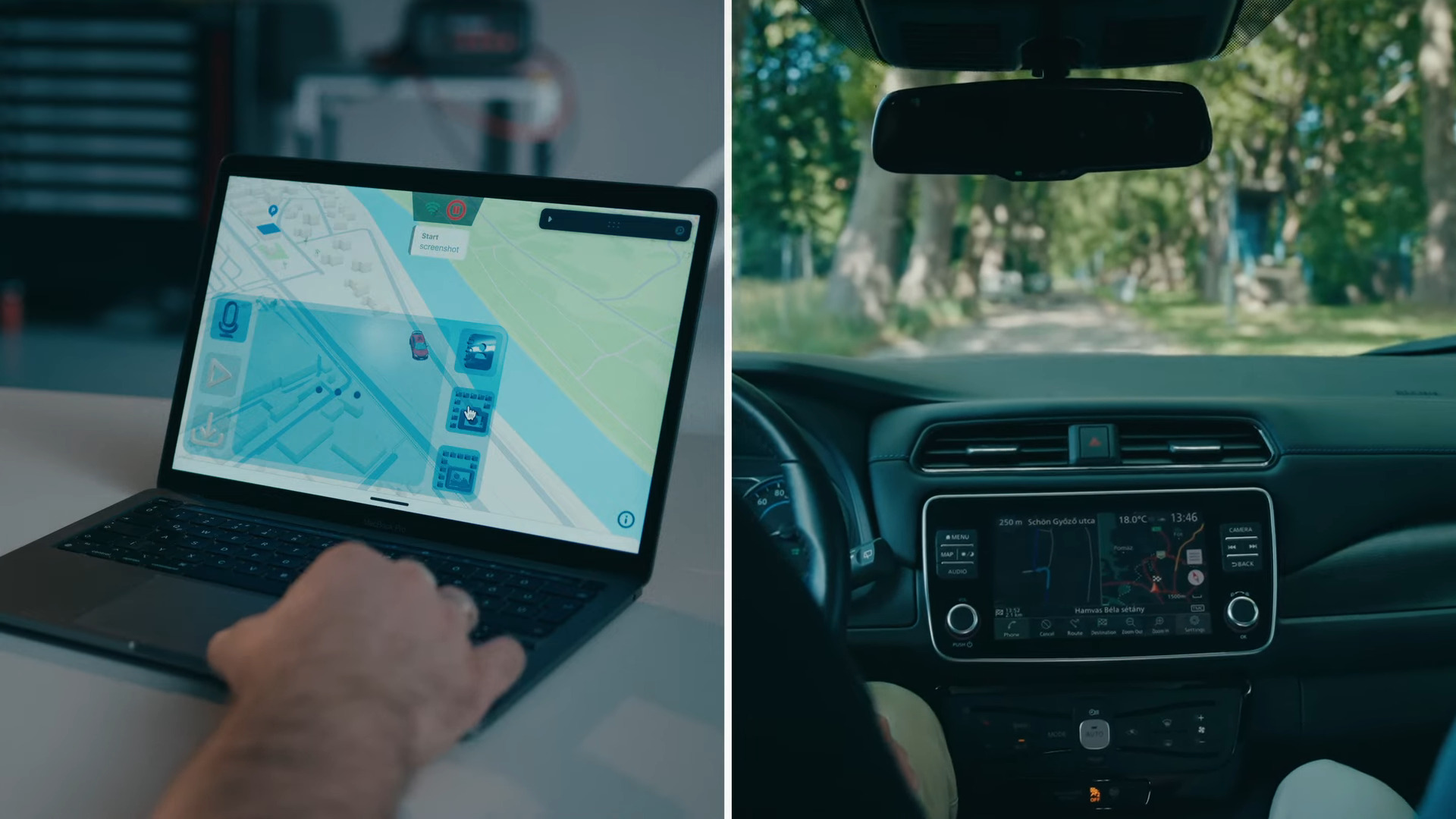





















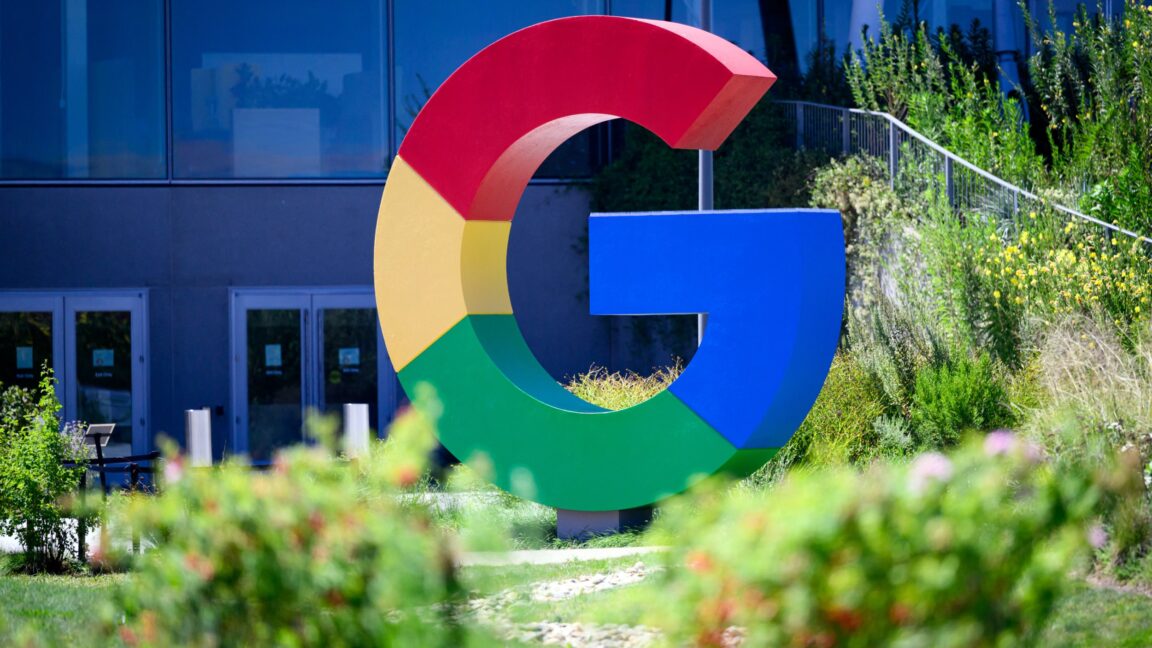
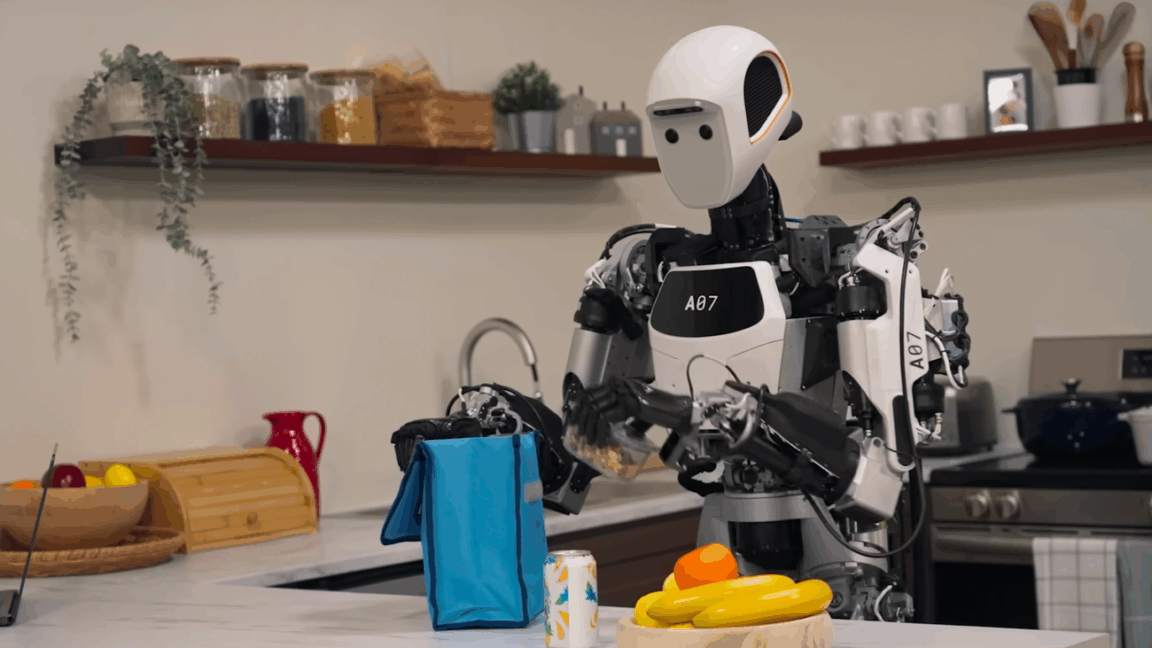



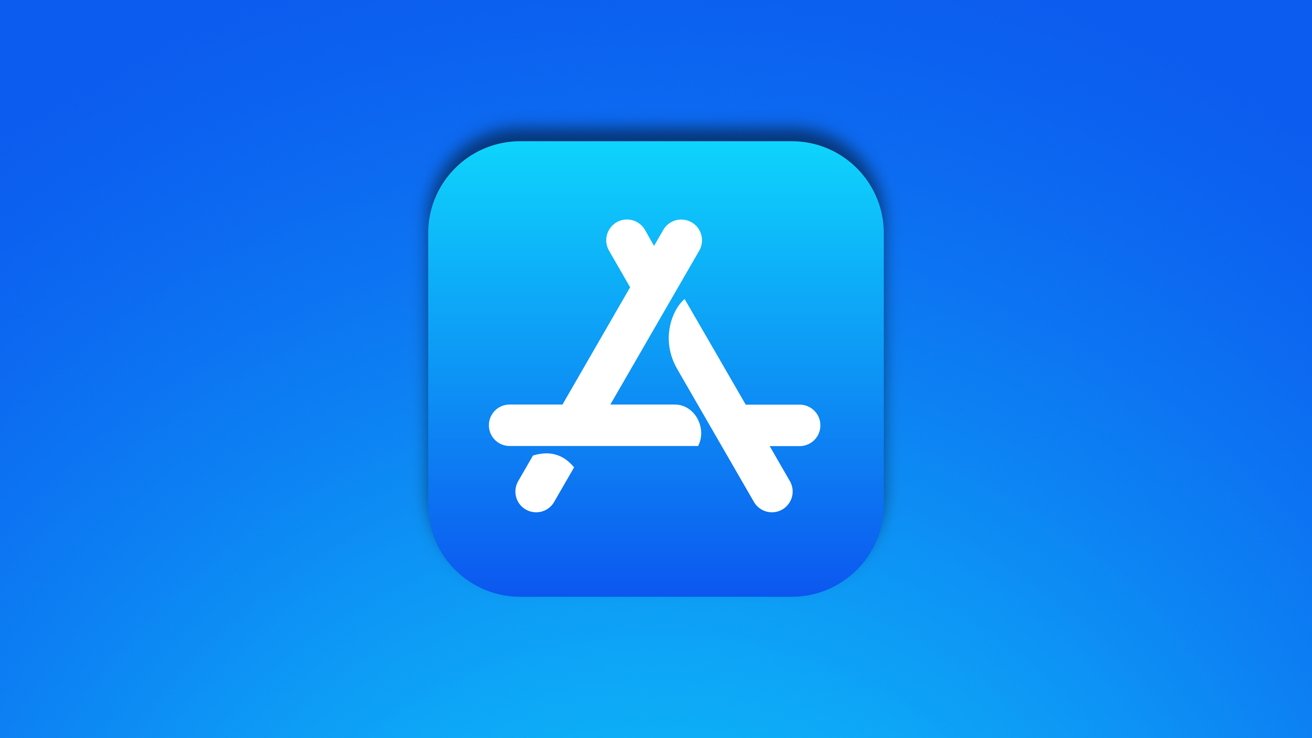



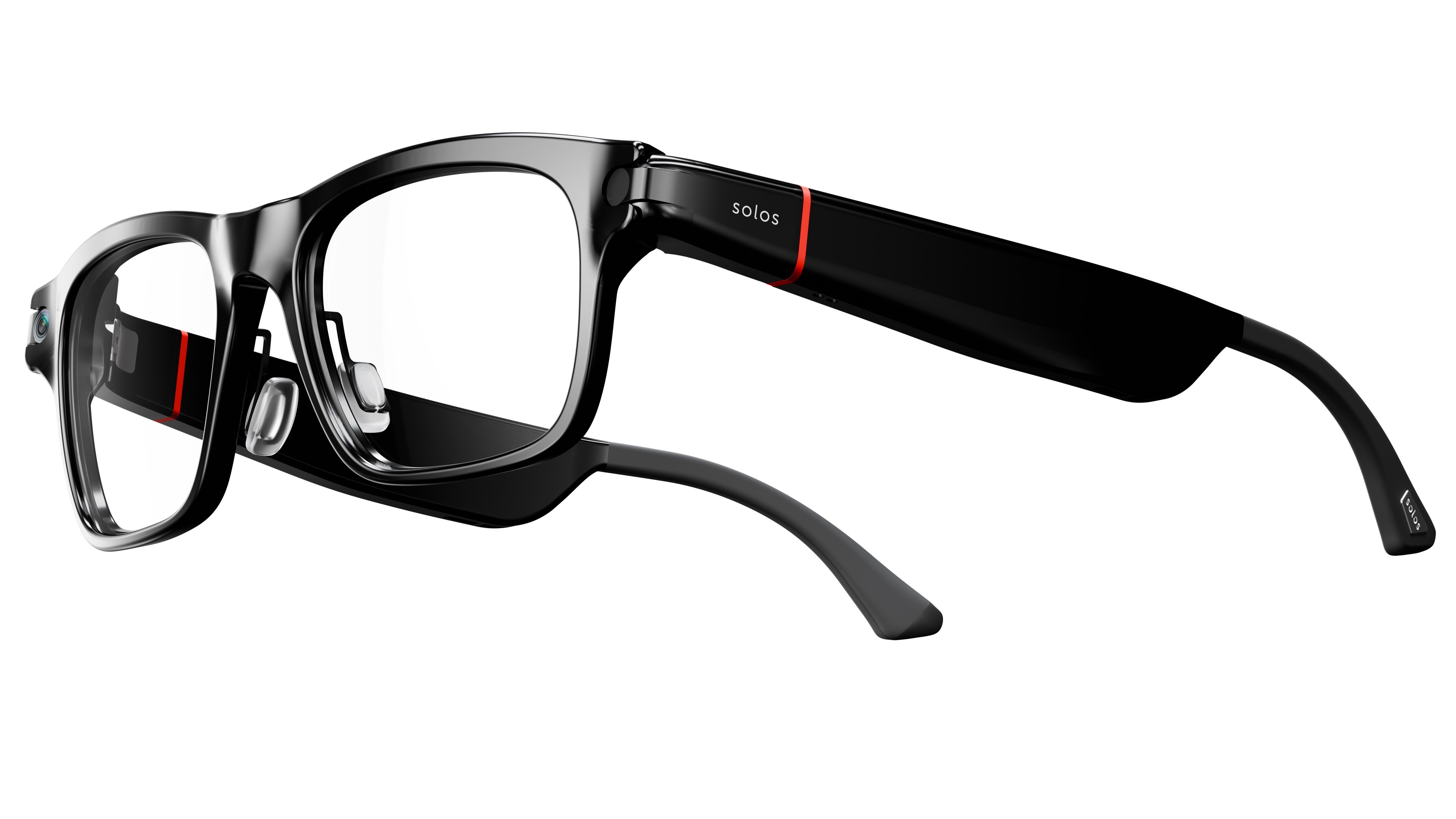
























![Apple Considers LX Semicon and LG Innotek Components for iPad OLED Displays [Report]](https://www.iclarified.com/images/news/97699/97699/97699-640.jpg)


![Apple Releases New Beta Firmware for AirPods Pro 2 and AirPods 4 [8A293c]](https://www.iclarified.com/images/news/97704/97704/97704-640.jpg)
















